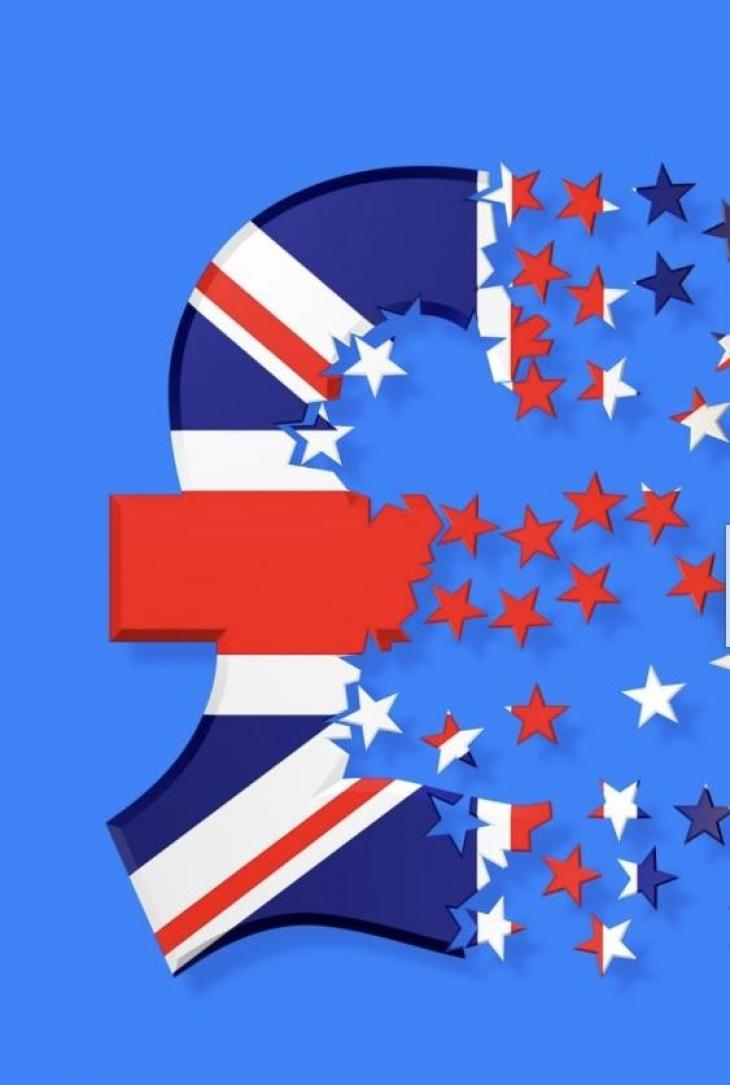
By Publisher Ray Carmen,
The globe watched the United Kingdom's historic exit from the European Union in 2016 with a mixture of interest, worry, and possibly misguided optimism. They pledged to create a flexible, unrestricted, and business-friendly "Global Britain."
However, a much more sobering reality has emerged in the years since: Brexit harmed more than just Britain. It hurts the global economy. The story of broken systems, lost trust, and the sobering realisation that no economy is an island in a globalised world are all hidden beneath the nationalistic rhetoric.
A Gateway Was Closed
Prior to Brexit, the UK served as a smooth bridge connecting the European bloc and international markets. American investment, Asian manufacturing agreements, and international corporations seeking to reach the 450 million consumers in the EU without encountering continental issues all landed in London.
Since then, that bridge has fallen apart.
Customs declarations, bureaucratic red tape, and expensive delays are now part of cross-border trade. EU businesses are discouraged from purchasing British goods. UK exporters struggle with both market scepticism and bureaucracy. Brexit proved to be one crisis too many for global supply networks, which had already been put to the test by COVID-19 and the conflict in Ukraine.
Capital Flew, Talent Was Lost
Not only did the UK leave closed doors, but it also brought talent and money with it.
Financial behemoths such as JPMorgan and HSBC relocated hundreds of jobs and billions of dollars' worth of assets to Paris, Frankfurt, and Dublin.
For businesses established in Britain, serving a single continent suddenly required navigating two regulatory regimes.
The message was clear for CEOs around the world: risk needs to be evaluated internationally if political choices have the power to undo decades of economic integration.
The Unseen Impact of Brexit
The wider quake that Brexit generated is missed if one only looks at it from the perspective of the UK. It helped cause a gradual decline in investor confidence throughout the world. Brexit signalled uncertainty, nationalism, and disintegration at a time when the global economy was in dire need of stability.
It couldn't have come at a worse time. The last thing the world needed as it started to recover from a historic epidemic was another self-inflicted catastrophe that divided financial centres, decreased trade efficiency, and produced regulatory ambiguities across national borders.
The Deceptive Presence of Possibilities
Indeed, several claimed that Brexit offered Britain the opportunity to restore regulatory independence, cut EU red tape, and negotiate new trade agreements. Furthermore, although several small agreements have been made since, most notably with Australia and Japan, none have come close to matching the scope and depth of EU access.
Now, the ideal of "Singapore-on-Thames" seems like an overpromise based on a policy that hasn't been fulfilled. Productivity in the UK is still sluggish. Foreign investment is hesitant. Furthermore, growth projections fall short of those of almost all modern economies that are comparable.
Things Everyone Should Know
Brexit was more than just a vote on Britain's ties with Europe. When major participants suddenly changed the rules, it became a test of how resilient the global economy truly is.
The lesson is harsh but clear for investors, policymakers, and corporate leaders: Economic integration is simple to take for granted until it disappears.
Today's politics are becoming more tribal, despite the fact that markets are intricately linked. Everyone suffers when political aspirations surpass economic pragmatism.
To sum up...
Decades will be spent researching Brexit. Not only for its audacity or the ramifications for Britain, but also for the way that a single democratic decision rocked boardrooms, trading floors, and international alliances.
Growth charts and trade deficits alone cannot capture its actual cost. Trust in processes, predictability, and the notion that progress is forward-moving rather than backward-moving is actually lost.
And that might be the biggest harm of all.




